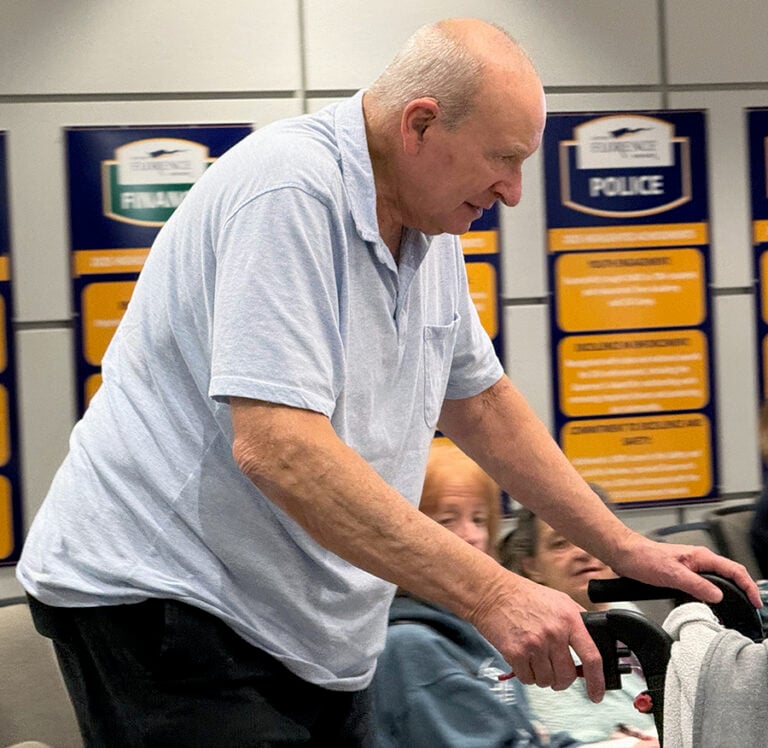
By Dianne Gebhardt-French
SmartHealthToday
The nurse was blunt. Forceful. “Calm down. Settle down. Or we’ll have two patients to care for.”
While a doctor pressed a stethoscope against her husband’s chest and a second nurse lifted the thin elastic strap over his head to hold the oxygen cannula in place, the wife took a step back.
Like the theatrical slap – a staple in movies of the 1950s – the effect of the nurse’s words was immediate.
The wife concentrated on controlling her breathing, regaining her composure and addressing the tasks at hand. There were questions to be answered and no one would be better off if he opened his eyes to see her white-knuckling the tray table.
One step at a time. Inhale, exhale. Pray.
The American Heart Association (AHA) lists these steps to “help you deal with stress on the spot.”
• Breathe deeply and slowly
• Count to 10 before you speak
• Walk around a bit
• Break down the problem into smaller parts
• Meditate or pray
“Consciously breathing slowly and deeply keeps us present, oxygenates the brain, increases mental clarity and slows thoughts to a functional speed,” explained a Sept. 11, 2014, article by the Wellness Team of the Cleveland Clinic.
Let the professionals do their jobs. Step back and be quiet. Throw in a simple shoulder roll or two. Stay on hand to answer questions but save your questions until things resolve a bit.
The AHA also recommends “positive self-talk,” including assuring yourself “I can deal with this situation.” Negative comments, even if you keep them to yourself, can increase stress.
Rants and tantrums never help. Remember, you were barely five when your Dad explained that you are expected to be fair in your actions but should not expect life to be fair.
SmartHealthToday is a service of St Elizabeth Healthcare.

















